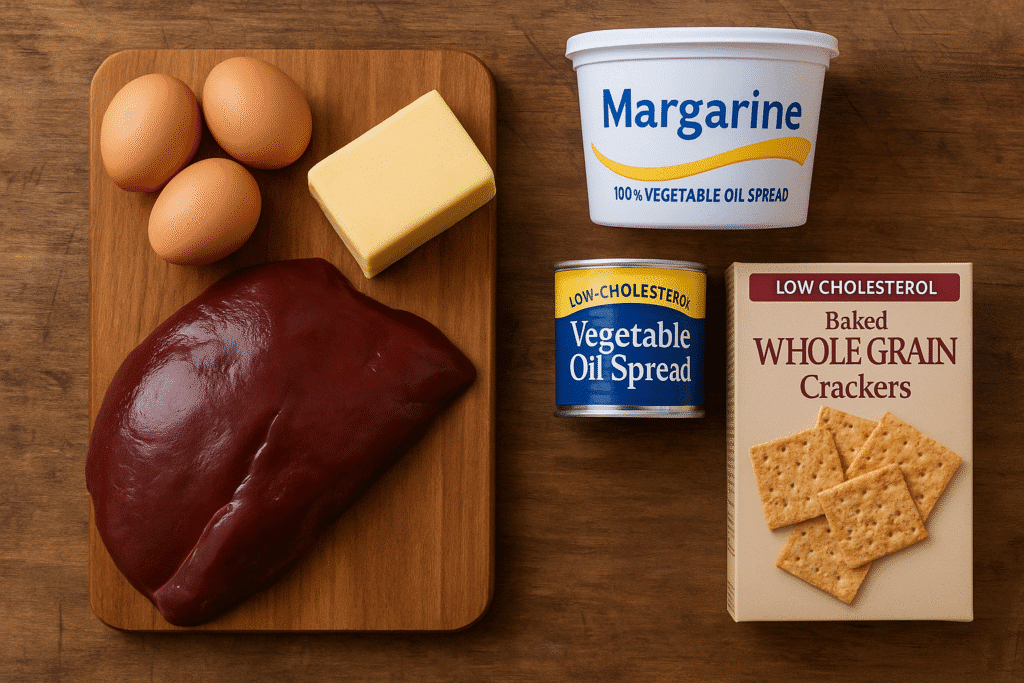Cholesterol has been demonized for decades. Eat eggs? Heart attack. Red meat? Clogged arteries. Butter? You might as well sign your will.
But here’s the truth: everything you learned about cholesterol is outdated, oversimplified, or just flat-out wrong. It’s based on bad science, pharmaceutical agendas, and decades of fearmongering that completely ignore how the human body actually works — especially when it’s fueled by real, nutrient-dense food.
If you’re still scared of cholesterol, let’s clear the slate. Here’s what it really does, why you need it, and how the “cholesterol = heart disease” myth got started.
What Is Cholesterol, Really?
Cholesterol isn’t some evil wax clogging your pipes. It’s a vital molecule used to:
- Build your brain and nerves
- Produce hormones like testosterone, estrogen, and cortisol
- Digest fat (via bile acid production)
- Repair damaged cells
- Regulate your immune system
Every single cell in your body needs cholesterol. Your liver makes about 75% of it — because it’s that important.

How the Cholesterol Myth Took Over
The cholesterol scare kicked off in the 1950s with the Lipid Hypothesis, championed by Ancel Keys. He claimed saturated fat and cholesterol caused heart disease. The problem? He cherry-picked data and ignored countries that didn’t fit his theory.
That faulty data became the foundation for the low-fat, high-carb diet pushed by the government and food industry for decades — and what followed? A massive rise in:
- Obesity
- Type 2 diabetes
- Metabolic syndrome
- Heart disease (yeah, it got worse)
Turns out, blaming cholesterol was like blaming firefighters for showing up at a burning building. It’s there because something’s wrong — it’s not the problem itself.
HDL, LDL, and Particle Size: The Real Story
Cholesterol travels in your blood via lipoproteins — mainly LDL (the “bad” one) and HDL (the “good” one). But it’s not that simple.
- LDL isn’t bad by default. It delivers cholesterol to cells that need repair. You want that process working.
- What actually matters is LDL particle size. Small, dense LDL particles are more likely to get oxidized and contribute to plaque. But large, fluffy LDL? Not a problem.
- HDL helps clear used cholesterol. Higher HDL is generally good — and is often lower in people on high-carb, seed-oil-heavy diets.
Cholesterol only becomes a problem when it’s oxidized or inflamed — and guess what causes that? Sugar, seed oils, insulin resistance, and chronic inflammation.
Animal Foods Don’t “Clog Arteries” — They Heal Them
Egg yolks, liver, red meat, and butter are packed with:
- Real vitamin A (retinol)
- Choline (vital for liver and brain)
- B12
- Omega-3s (if grass-fed or wild-caught)
- Cholesterol your body knows exactly how to use
These are nutrient-dense, hormone-supporting, brain-building foods — and if your doctor still tells you not to eat them because of cholesterol, it’s time for a second opinion.
What actually wrecks your arteries?
- Processed sugar
- Seed oils (canola, soy, corn)
- Refined carbs
- Chronic stress, lack of sleep, and inflammation
The Bottom Line
Cholesterol isn’t your enemy — metabolic dysfunction is. If you’re eating real food, avoiding ultra-processed junk, moving your body, sleeping well, and keeping inflammation low, your cholesterol is likely doing exactly what it’s supposed to.
You don’t need statins. You need steak, sleep, and sunlight.
A Few Quick Truth Bombs:
- Dietary cholesterol has little impact on blood cholesterol for most people.
- Eggs don’t cause heart disease — they support brain and hormone health.
- High cholesterol in the absence of inflammation? Not inherently dangerous.
- Low cholesterol? That’s linked to depression, low libido, and hormone dysfunction.
Sources:
Ravnskov, Uffe. The Cholesterol Myths: Exposing the Fallacy that Saturated Fat and Cholesterol Cause Heart Disease. New Trends Publishing, 2000.
https://www.amazon.com/Cholesterol-Myths-Exposing-Saturated-Cholesterol/dp/0967091603
Teicholz, Nina. The Big Fat Surprise: Why Butter, Meat and Cheese Belong in a Healthy Diet. Simon & Schuster, 2014.
https://thebigfatsurprise.com
“Dietary Fat and Cardiovascular Disease: A Presidential Advisory From the American Heart Association.” Circulation, vol. 136, 2017, pp. e1–e23.
https://www.ahajournals.org/doi/full/10.1161/CIR.0000000000000510
Krauss, Ronald M., et al. “A New Look at Saturated Fat.” Nutrition Reviews, vol. 68, no. 10, 2010, pp. 404–411.
https://doi.org/10.1111/j.1753-4887.2010.00296.x
“Cholesterol.” Harvard T.H. Chan School of Public Health,
https://www.hsph.harvard.edu/nutritionsource/cholesterol/

Leave a Reply